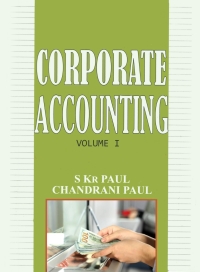Answered step by step
Verified Expert Solution
Question
1 Approved Answer
all 6 please Question 22 of 75. When is income in respect of a decedent (IRD) taxed? On the decedent's final retum O in the

all 6 please
Question 22 of 75. When is income in respect of a decedent (IRD) taxed? On the decedent's final retum O in the taxable year the recipient receives the income In the taxable year after the recipient receives the income O in the taxable year the estate notifies the recipient of the existence of RD. Mark for follow up Question 23 of 75. Trust principal, sometimes referred to as the corpus or body of the trust, decreases when: The grantor makes additional contributions to the trust The sale of trust property results in a capital loss The trust receives a settlement in a lawsuit The trustee transfers accumulated income not required to be distributed into principal Mark for follow up Question 24 of 75 In 2019, Tarig Hass created a trust for the benefit of his two children, and named the eldest child as the trustee. The trust instrument provided that the income earned from the trust should be distributed annually and an additional $1,000 should be distributed to each beneficiary. What classification best describes this trust? Charitable O Complex Grantor O Simple Mark for follow up Question 25 of 75. A decedent's interest and taxes are deductible on both Forms 706 and 1041 only it The decedent's will did not provide instructions. Either item is a deduction in respect of a decedent (DRD). The items were not allowable on the decedent's final return O Both items were received after the decedent's death and were properly includable on their final return Mark for follow up Question 26 of 75 Indirect expenses of a trust are: O Nondeductible O Allocated to tax-exempt income. O Allocated to taxable income O Allocated pro rata among all types of income. Mark for follow up Question 27 of 75. All of the following apply to a simple trust, EXCEPT: It does not distribute principal It must allow for principal distributions O All income must be distributed currently It does not allow distributions for charitable contributions Mark for follow upStep by Step Solution
There are 3 Steps involved in it
Step: 1

Get Instant Access to Expert-Tailored Solutions
See step-by-step solutions with expert insights and AI powered tools for academic success
Step: 2

Step: 3

Ace Your Homework with AI
Get the answers you need in no time with our AI-driven, step-by-step assistance
Get Started


